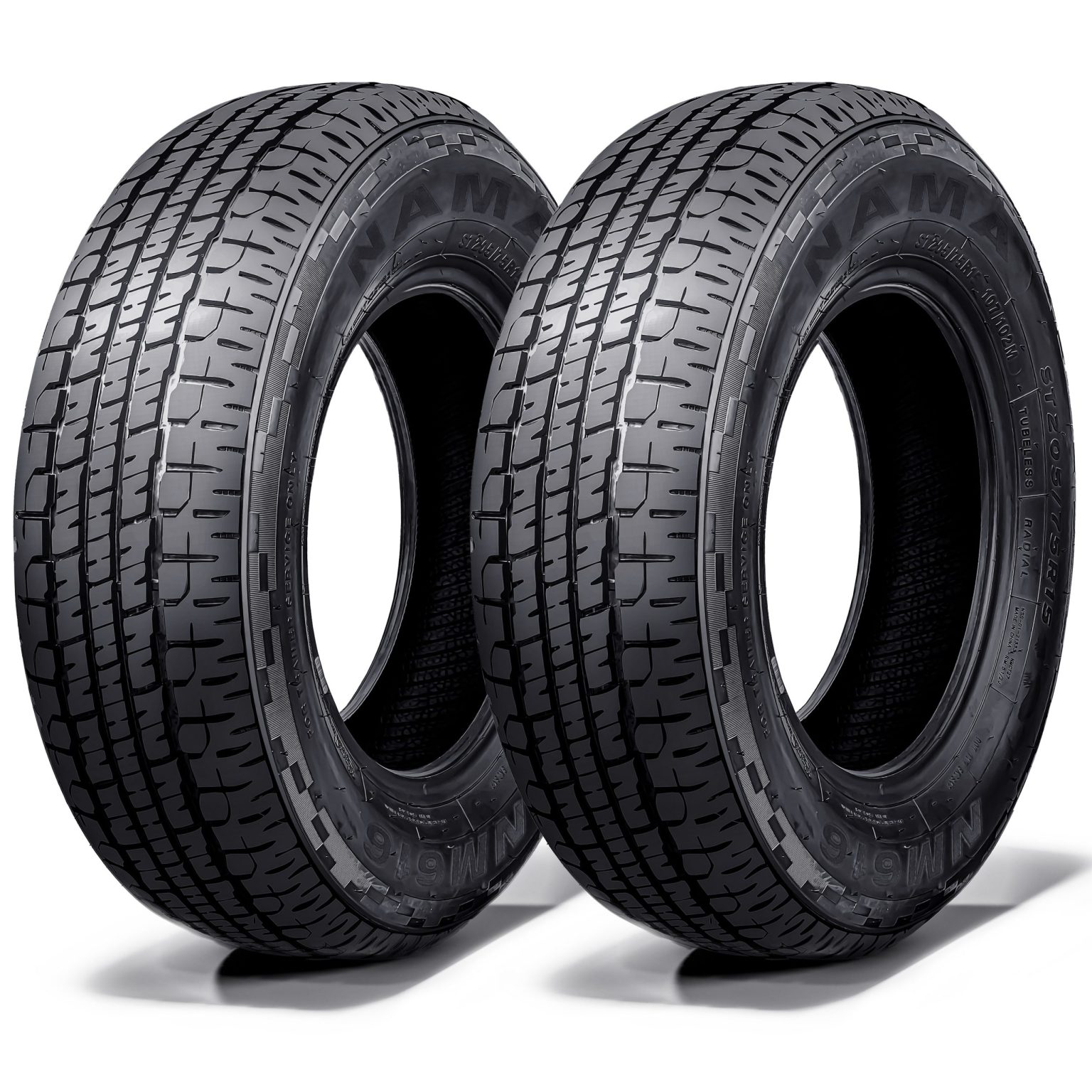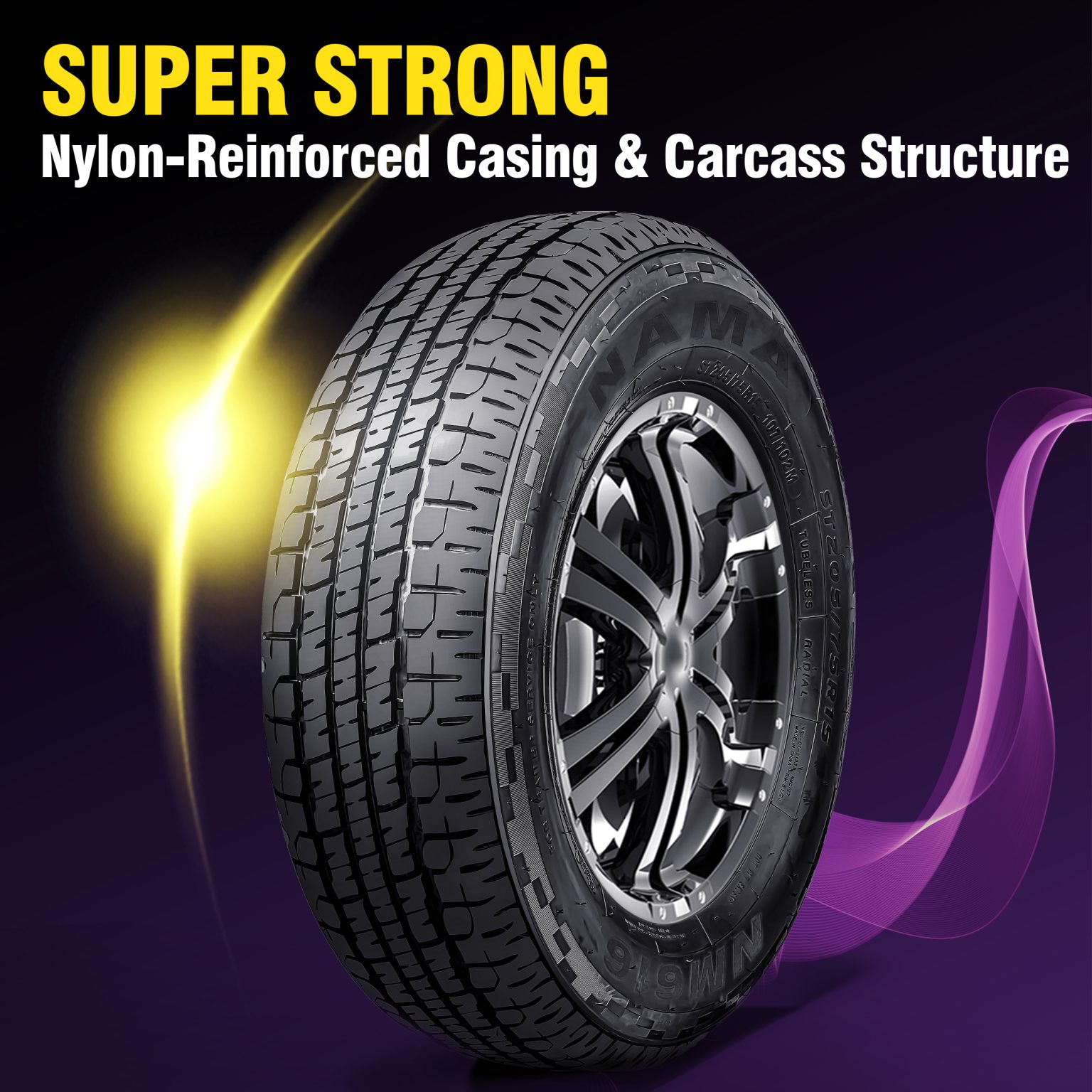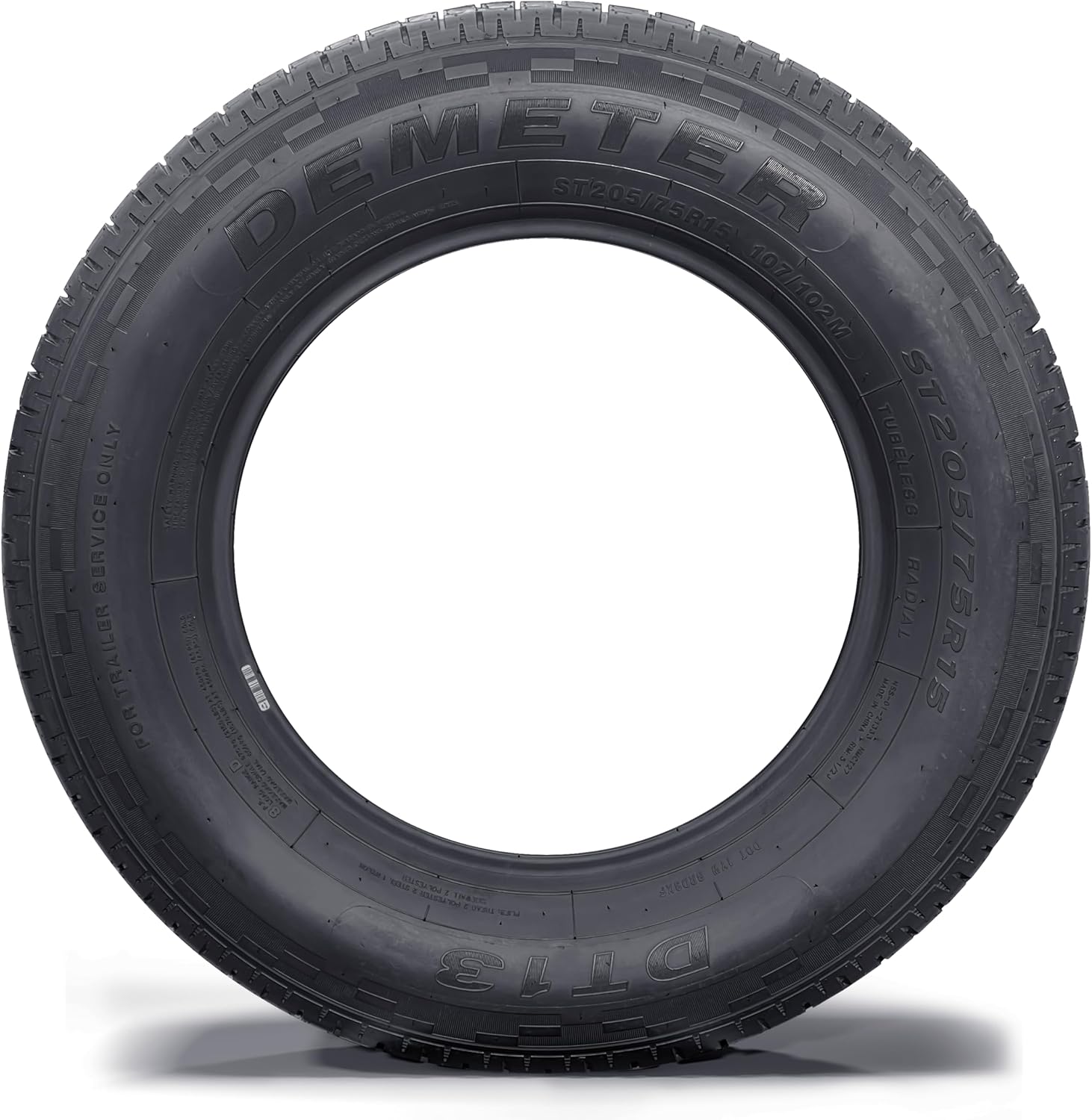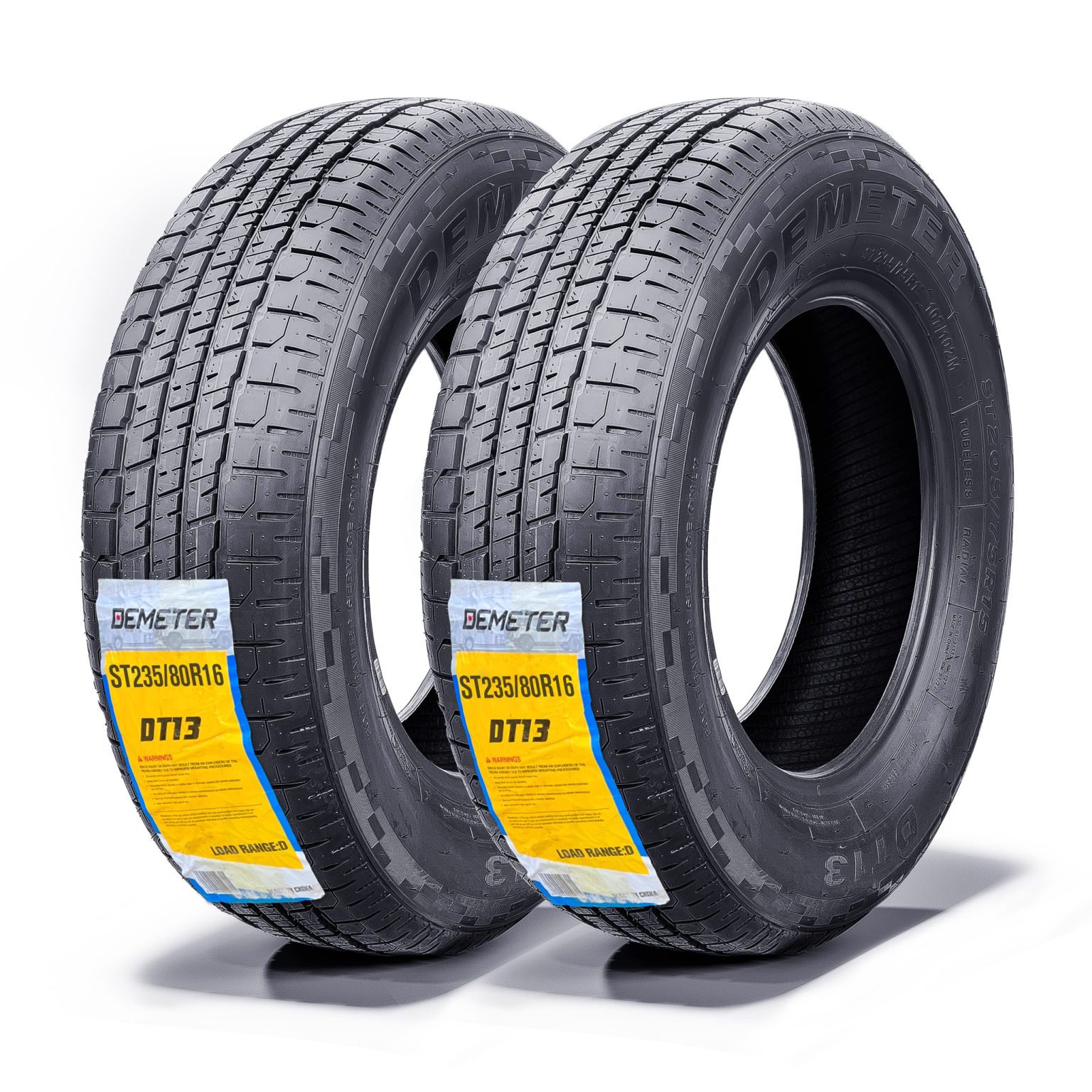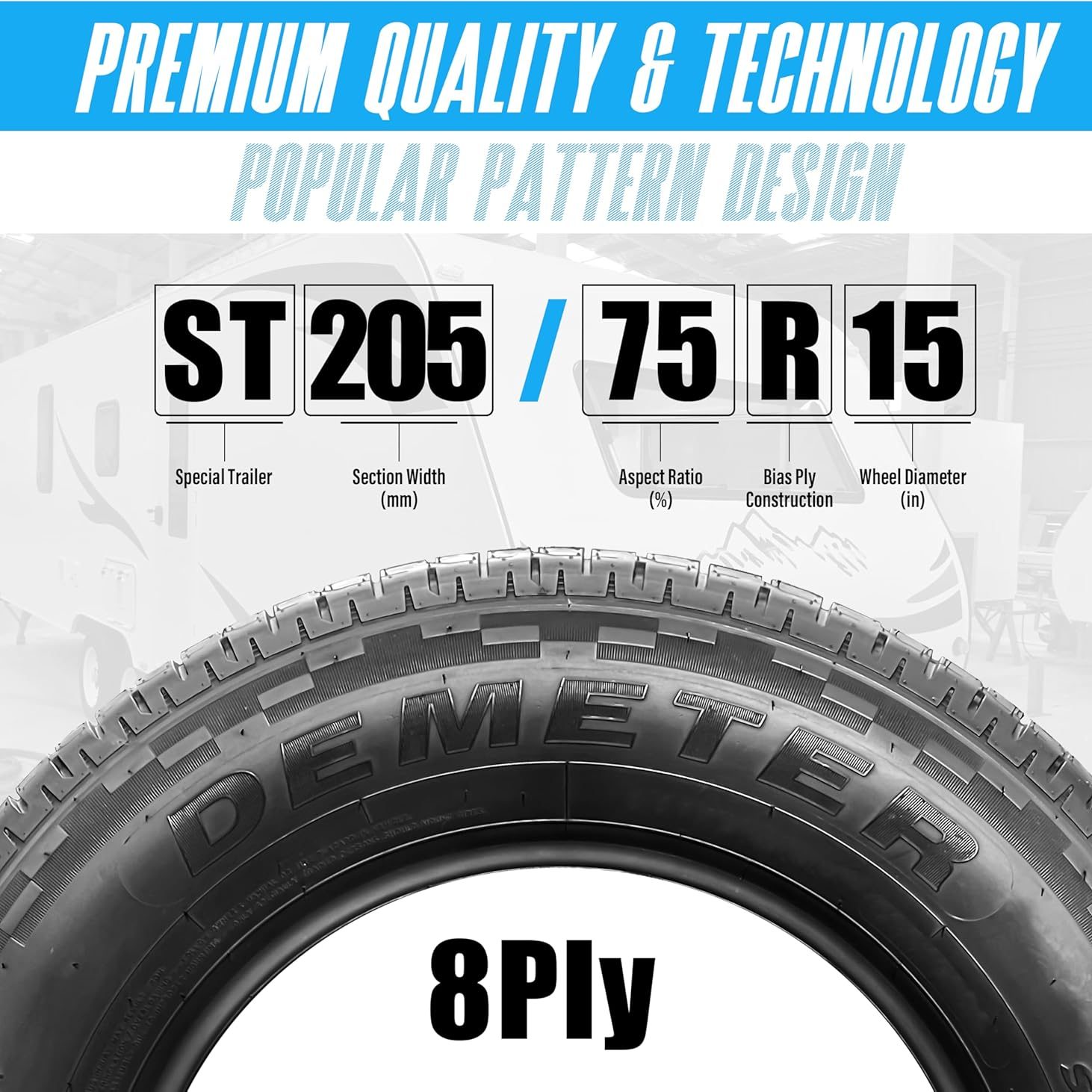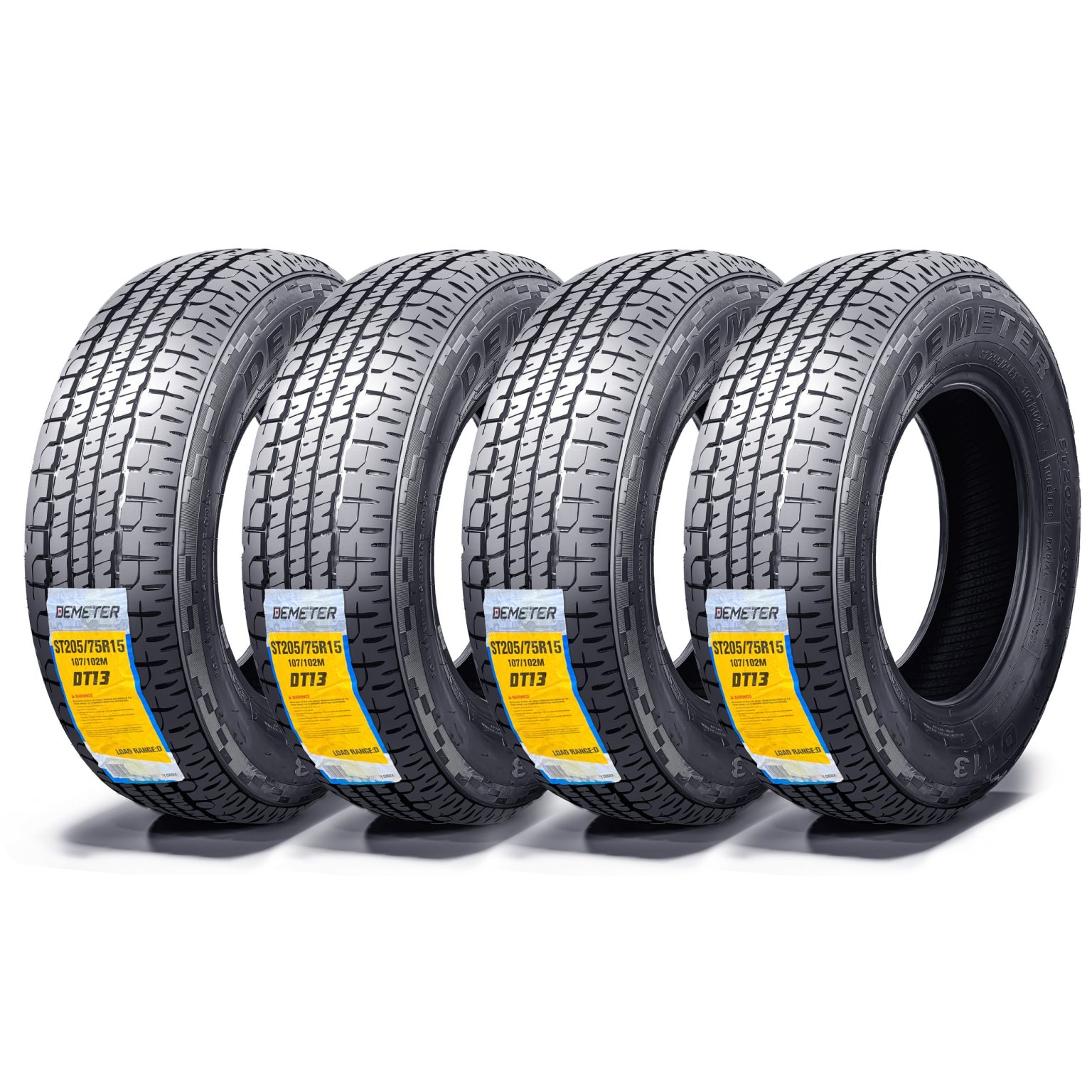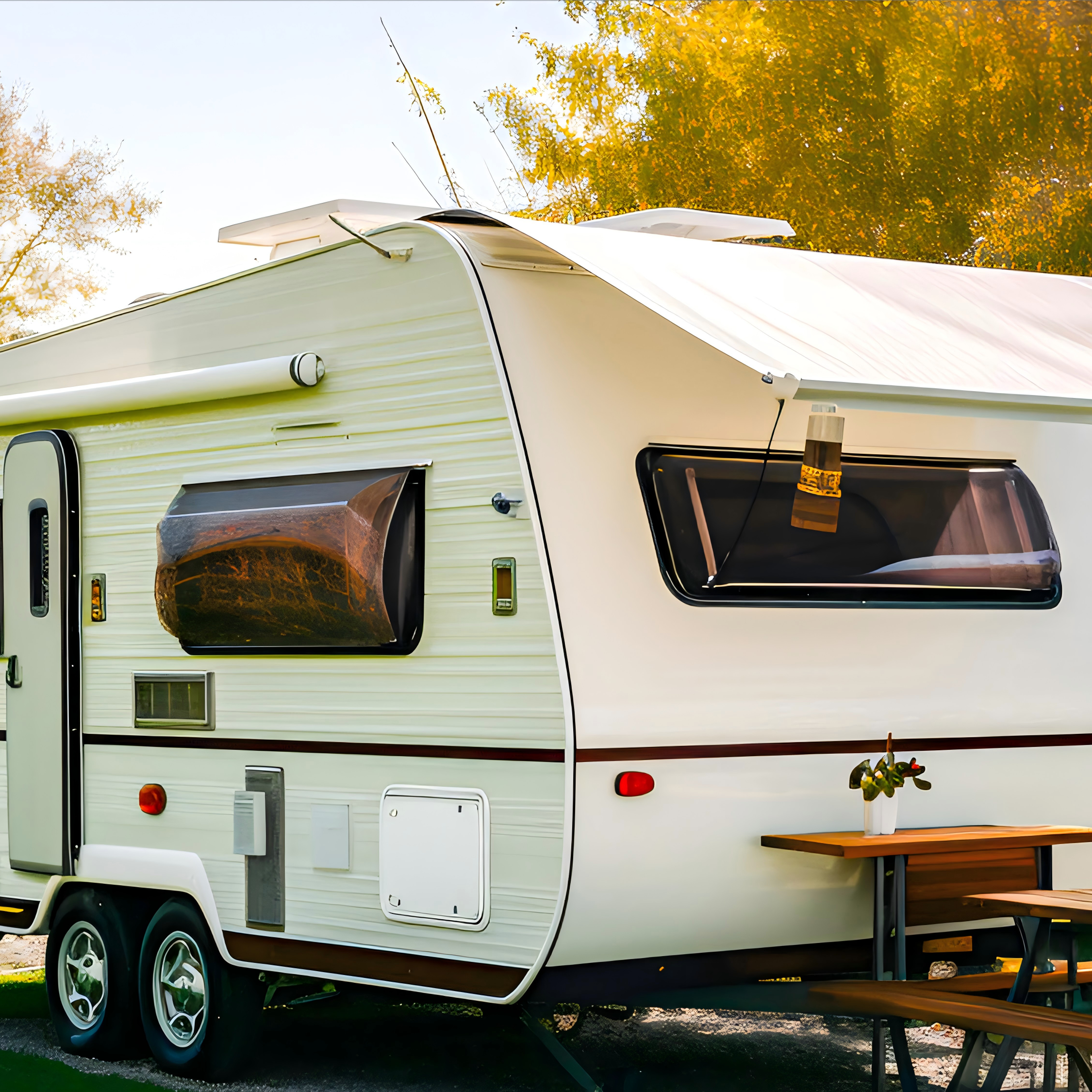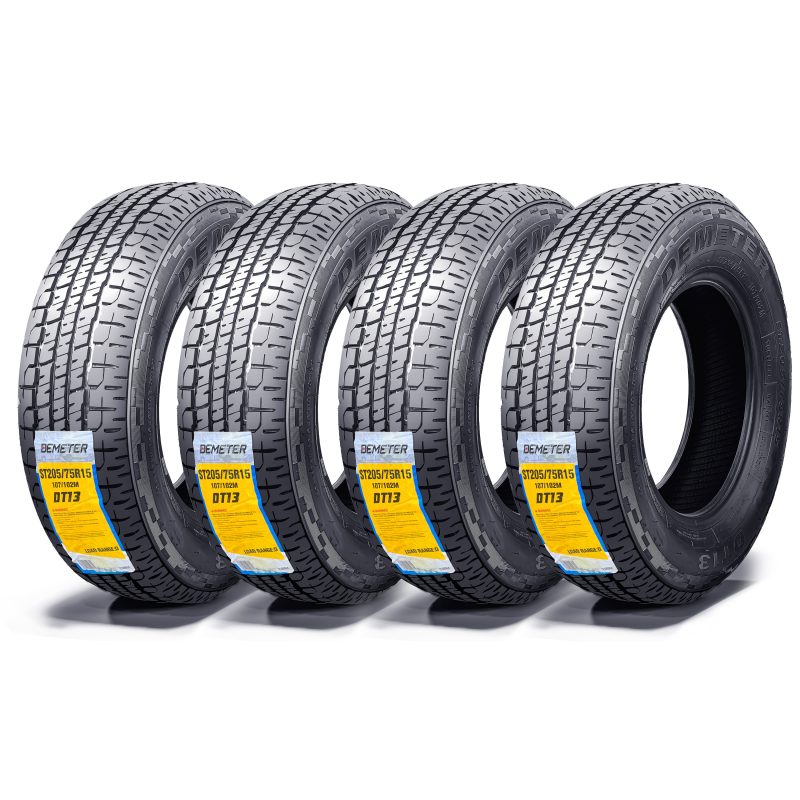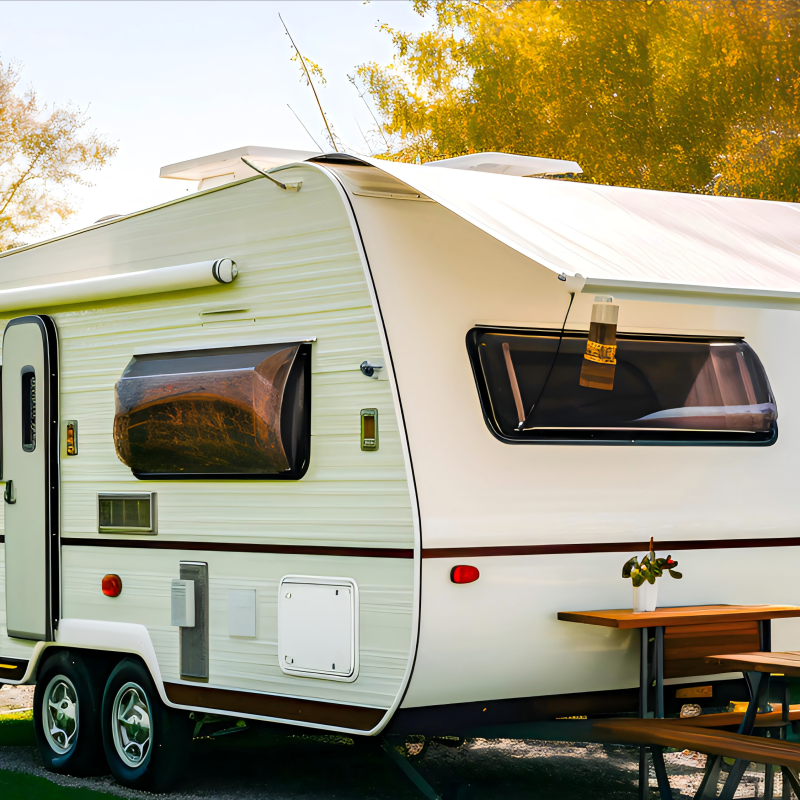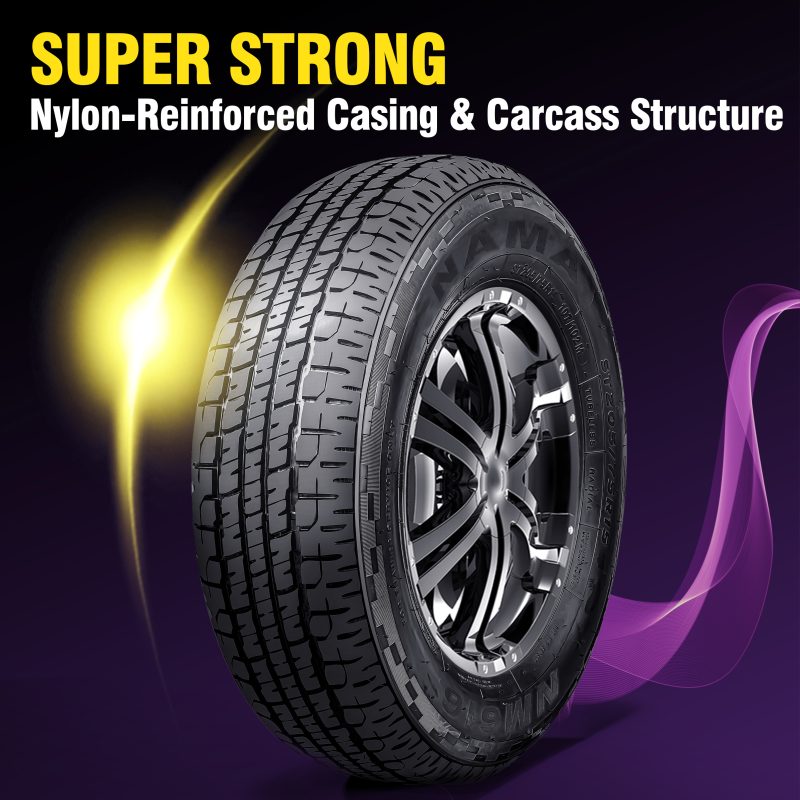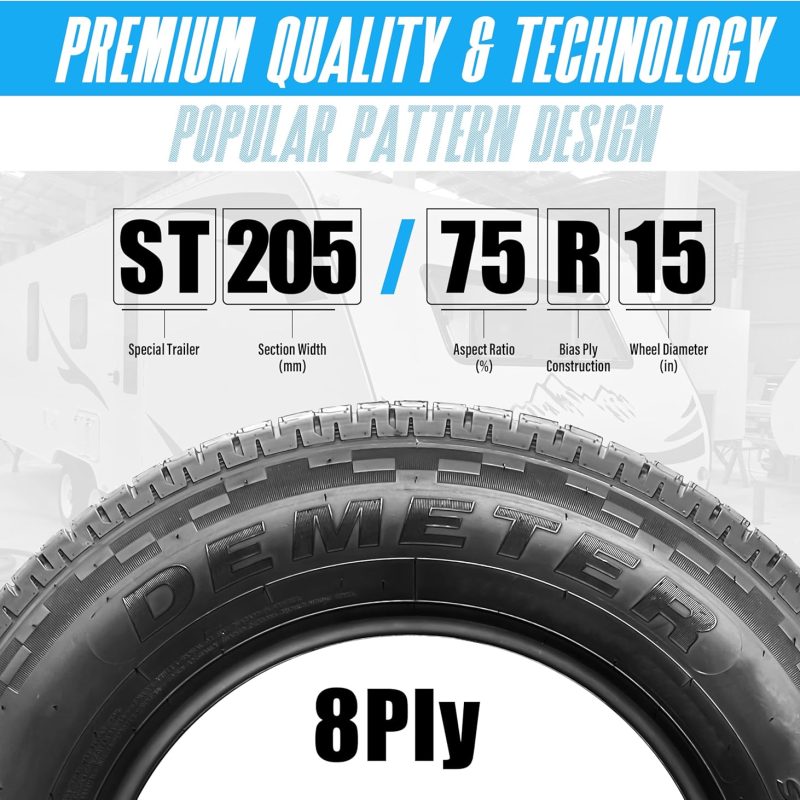Trailer tire blowouts at high speeds are not only dangerous but also a major cause of road accidents involving trailers. When a trailer tire blows out on the highway, it can cause severe swaying, lead to loss of control, and put the driver, passengers, and other road users at risk. But why do trailer tires tend to blow out more frequently during high-speed driving? In this article, we will explore the main reasons for trailer tire blowouts and provide five essential tips to prevent such incidents.
1. Underinflated or Overinflated Tires
One of the primary causes of trailer tire blowouts is incorrect tire pressure. Underinflated trailer tires are particularly prone to blowouts because the low pressure causes excessive heat buildup inside the tire, which weakens the tire structure over time. Conversely, overinflated tires can cause uneven wear and reduce the tire’s contact surface, leading to reduced grip and stability.
How to Prevent This:
- Regularly check the tire pressure before every trip, especially for long hauls or when the trailer is loaded heavily.
- Follow the manufacturer’s recommended PSI levels (typically found on the tire sidewall or in the owner’s manual).
- Use a high-quality tire pressure monitoring system (TPMS) to ensure that the tires are always at optimal pressure during the trip.
2. Overloading the Trailer
Every trailer tire has a specified load capacity, usually marked as a “Load Range” or “Load Index” on the sidewall. Exceeding this load capacity is a common mistake that puts excessive strain on the tire. Overloaded tires experience increased heat buildup and stress on the sidewalls, which eventually results in a blowout.
How to Prevent This:
- Know your trailer’s Gross Vehicle Weight Rating (GVWR) and never exceed it.
- Distribute the weight evenly across all tires and axles, ensuring that no single tire is overloaded.
- Choose high-quality trailer tires from trusted brands like NAMA, which offer robust construction and higher load capacities for demanding applications.
3. Excessive Speed and Driving Conditions
Trailer tires are typically designed for lower speed ratings than standard passenger tires. Driving a trailer at high speeds for extended periods increases the tire’s internal temperature, making them more vulnerable to blowouts. Additionally, rough or uneven road conditions, such as potholes or sharp debris, can damage the tires at high speeds.
How to Prevent This:
- Stick to the recommended maximum speed for trailer tires, which is often around 65 mph for most trailer-specific tires.
- Avoid sudden swerving, rapid lane changes, or abrupt braking, as these actions can put excessive lateral pressure on the tires.
- Opt for NAMA trailer tires with reinforced sidewalls and superior heat resistance, ensuring safer performance during long hauls.
4. Old or Worn-Out Tires
Many trailer owners mistakenly think that low mileage means their trailer tires are still in good condition. However, the age of a tire is a significant factor in its ability to perform safely. Trailer tires older than 6 years are more prone to dry rot, cracks, and loss of structural integrity, increasing the risk of blowouts.
How to Prevent This:
- Check the DOT date on your trailer tires to determine their age (the four-digit code represents the week and year of manufacture).
- Regularly inspect tires for signs of aging, such as sidewall cracks, tread separation, or bulges.
- Replace your trailer tires every 6-8 years, even if the tread appears to be in good shape.
5. Improper Tire Storage
If your trailer is not in use for an extended period, improper storage can accelerate tire deterioration. Exposure to direct sunlight, extreme temperatures, and moisture can weaken the tire’s rubber compound, making it more likely to fail under high-speed conditions.
How to Prevent This:
- Store the trailer in a cool, dry place away from direct sunlight.
- Use tire covers to protect tires from UV damage when the trailer is parked outdoors.
- Periodically rotate and inspect the tires, even during off-season storage, to prevent flat spots and ensure even wear.
NAMA is a leading provider of premium trailer tires, designed to withstand the toughest road conditions and high-speed demands. Our trailer tires feature advanced heat-resistant compounds, reinforced sidewalls, and superior tread patterns, making them ideal for heavy-duty use and long-distance hauling.
When it comes to choosing trailer tires, remember: NAMA trailer tires are built for durability, safety, and performance. With NAMA, you can tow with confidence, knowing that your tires will stand up to the challenge.
Trailer tire blowouts are preventable with the right maintenance, proper tire choice, and responsible driving habits. By following these five key steps and investing in reliable trailer tires, you can ensure a safe and smooth journey every time you hit the road. Choose NAMA trailer tires for your next adventure.
